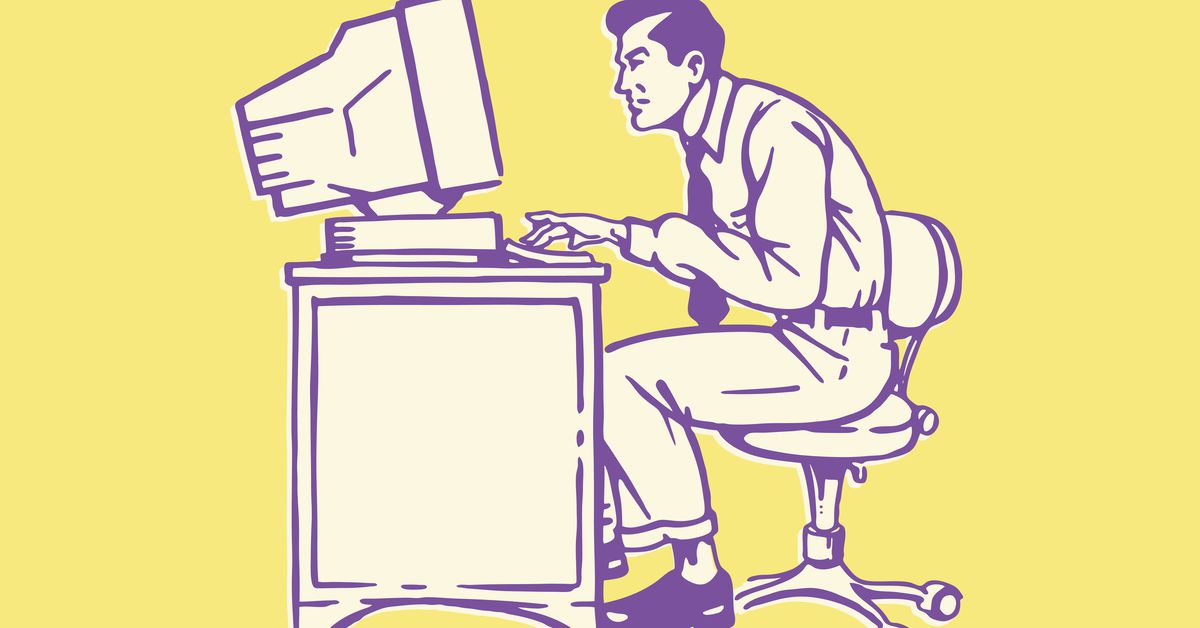Everything is to be taken with a grain of salt on the internet in general especially with the introduction of AI, im not sure what to believe, I don’t trust msm and now it seems that with AI , entire narratives could dpun up from nothing m, the right wing has s saying “its all fake and gay” maybe they should change that to “its all fake and AI” (btw please dont kick me off, im enjoying coming here)
It already has, I can’t look for character art for my d&d campaign without 90% of the results being garbage AI generations
Metadata and watermarking are pointless. Half of the models available now are open source and anyone with any know how can make their own tool that outputs image without said metadata. C2PA is just going to kill memes and the like. Though I bet Hollywood is going to eat this shit up. All media traceable to its origin - awesome way to catch pirates! Now imagine you created a meme and it goes viral. You don’t want to have your name associated with it unless you want multitude of different threats sent to you.
With AI it’s now easier to generate fake content and this fact is here to stay. We learned to not buy into sales of magical elixirs and magnetic pills, we’re going to have to learn to stop reacting to online content as if it’s real. I don’t think tech companies can find a tech solution to a human problem.
I’m quite pessimistic in that area. As the others already said, there seems to be no way to stop it. Even if there was one (maybe there is), the tech companies would not want to walk down that path. In my understanding, only a loss of active users and therefore a loss of profit could make them change their mind. Lemmy, Mastodon, BookWyrm & Co. exist, the users could walk away, but those alternatives do not change much. Yet.
To make it worse: The conflict “they vs. us” between advertisement-and-click-driven and FOSS networks might get more intense. They say competition is good for the market, but I am not so sure what will be the outcome of all this.
It’ll be not only fake images but any data and not only for advertising as others have already said. A company, government, a political party or similar lobbying group can influence what people read and see. If this new tech is then used hand in hand with censorship and surveillance, it quickly becomes a big threat for people’s freedom, innovation, and democracy in my opinion. We may get a first glimpse about that by looking at today’s authoritarian regimes like Russia, Iran, China, Zimbabwe and others.
Major platforms profit from “engagement”: clicks, pageviews, etc. This is driven by anything controversial, especially fake garbage and lies, which is why it’s become so prevalent with little to no effort to stop it. Without laws to force companies to control the flood of very profitable, fake garbage to enrage people, it will only get worse.
I generally agree with your sentiment, but forced moderation is also not the answer. The whole premise of the internet is that companies provide means to share content and it’s up to the people to follow rules. Forced moderation is just going to stop free speech as in people speaking out against oppression because the next platform wants to get money from the oppressive regime.
freedoms like freedom of speech come with responsibility, and when a person (or group) act irresponsibly, they lose their rights in part or whole as punishment. to suggest that the solution to people acting irresponsibly with their rights is to simply give up and give in to anarchy is not only preposterous, it surrenders civilized society to the bad actors, essentially condoning their behavior through inaction.
as for those who speak out against oppression? they’re effectively silenced by the food of bad actors and disinformation who would also claim “oppression” in any attempt to hold them accountable, as they do now-- a classic fascist propaganda tactic.
The paradox of tolerance states that if a society is tolerant without limit, its ability to be tolerant is eventually seized or destroyed by the intolerant. Karl Popper described it as the seemingly self-contradictory idea that in order to maintain a tolerant society, the society must retain the right to be intolerant of intolerance.
@BrooklynMan @Hexorg beautiful post!







